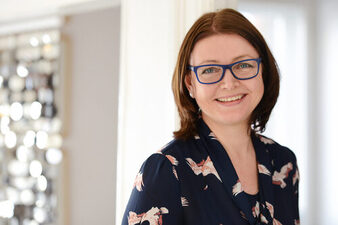About the project
What exactly is this study about?
The starting point for the "Crisis-proof structures" project is the observation that our times are characterized by crises. The coronavirus crisis in particular has presented social actors with challenges. But the climate crisis and the care crisis are also making it more difficult to work together "as it always has been". Against this background, the question arises as to how forms of coordination and networking of social actors can be designed in order to be able to react to current crises. To answer this question, the project will work with local stakeholders to determine what is actually perceived as a crisis or disruption. Resilient structures and networks are then identified.
Resilience refers to the ability to cope with crises, as well as the existence and further development of resilient strategies. It examines how existing resilient structures can be strengthened and how new ones can be established.
How exactly does the study work?
What is the specific aim of the project?
Which methods are used?
Contact & Team
Prof. Viola Hartung-Beck, Dr.
Dates via ILIAS
https://www.ilias.fh-dortmund.de/ilias/goto_ilias-fhdo_prtf_786186_1078.html
Who is the team behind the study?
The project's scientific team is led by Prof. Dr. Viola Hartung-Beck. She is supported by three research assistants: Jennifer Voßgerau, Petra Backhoff and Charlotte Pommer. All three are studying for a Master's degree in Social Sustainability and Demographic Change at Fachhochschule Dortmund.

